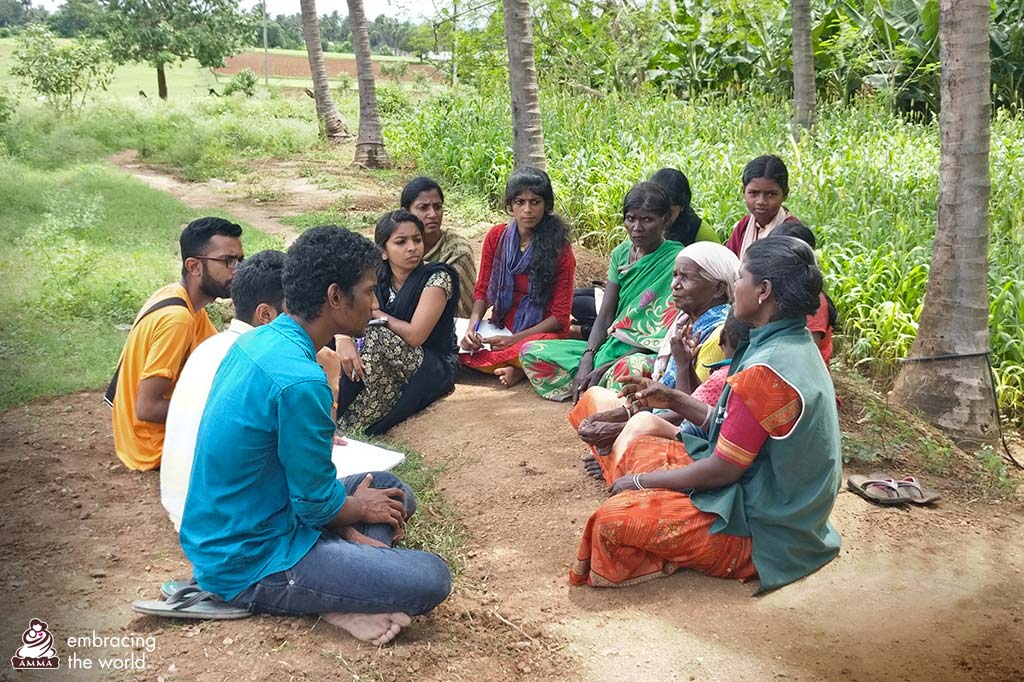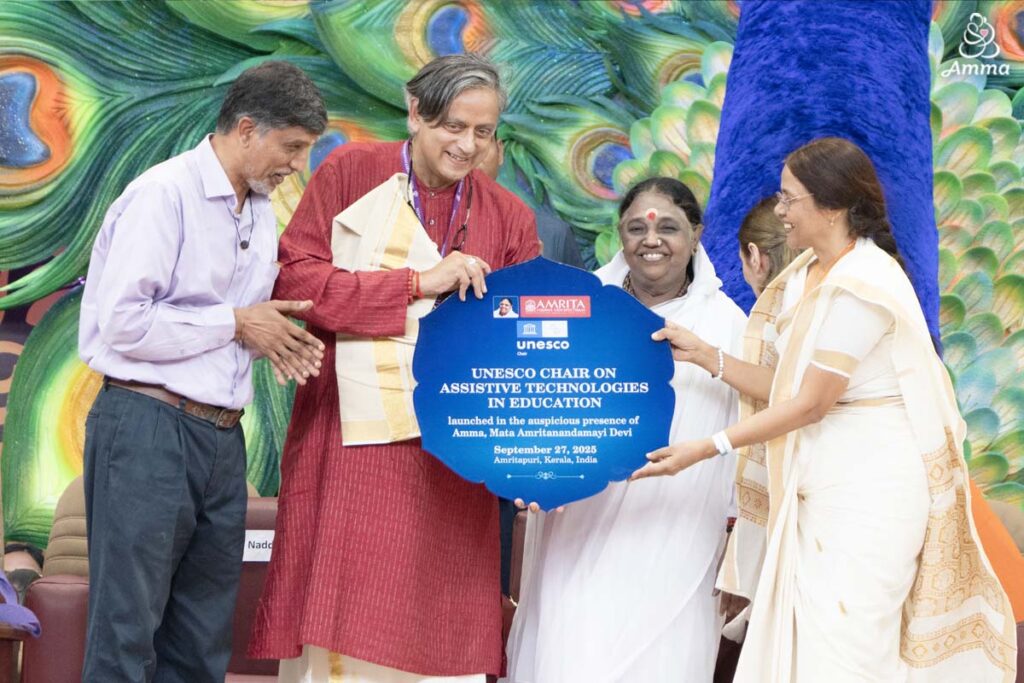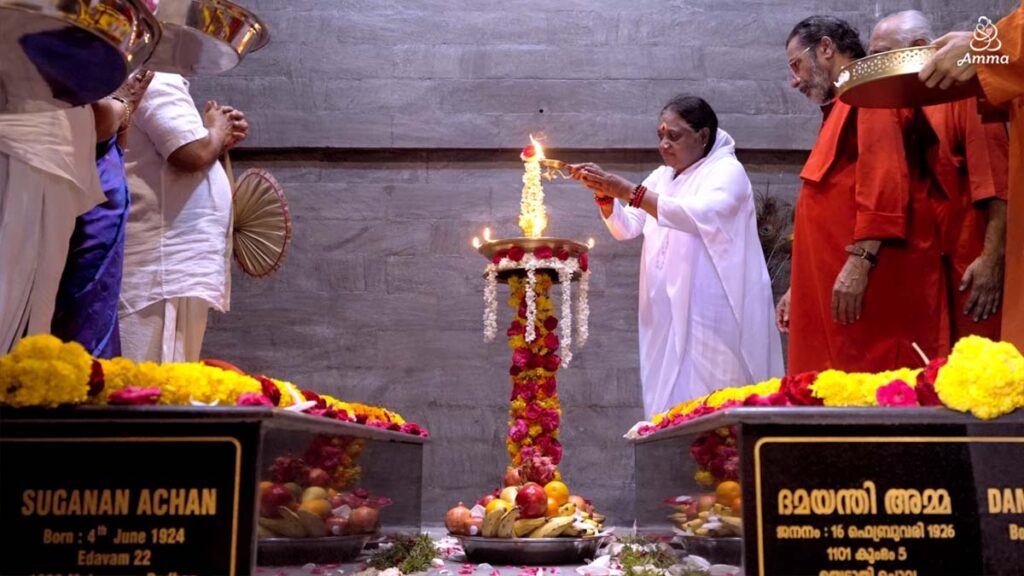In January 2015, public health students from Harvard University and social work students from our own Amrita University teamed up to research the impact of alcoholism on the mental health of tribal peoples in Wayanad as well as address the issue through youth education and empowerment.
They put their respective strengths in research and implementation to practical use under the Live-in-Labs program, an experiential learning program that places students in Indian villages to directly understand the problems faced by rural populations and to design, implement, test, and demonstrate innovative solutions to those problems.
Alcoholism is a major problem in tribal areas. Whole families and communities are in the grip of this addiction. With the erosion of traditional culture and values, as well as other entrenched issues such as poverty and lack of education and resources, this population struggles with alcoholism and its associated problems, which affect entire families and communities.
Research has shown that breaking the cycle of addiction is best achieved by educating the youth of a community. Therefore, our students introduced an Amrita CREATE program developed to spread awareness and foster empowerment in the next generation at one of our education centers in Valaramkunnu, Wayanad.
The initiative uses tablet based learning to train 1000 tribal youth in computer concepts, health awareness, social awareness and value-based education. Selected student ambassadors help raise health and social awareness in their school and entire village.
At Wayanad, several tribal students from our education center elected to be ambassadors of change. The university students trained them to speak out against alcohol addiction at the local school. On the 18th of January, a program was held at the at Shree Shankara Vidyanikethan UP school in Cherukara, Wayanad, Kerala. The young ambassadors performed a short ‘street play’ on the dangers of alcoholism.
Followed by an explanation about the health consequences of alcohol addiction on the body. Lastly, they asked the other schoolchildren to draw pictures on how alcohol has impacted their own lives. The session ended with the crowd taking an oath led by the new tribal ambassadors committing to avoid the pitfalls of addiction.
Keeping in mind that a one-time approach does not solve such a deep-rooted problem, the collaborative program plans to continue over the next few months. With the dedication and perseverance of both university volunteers and tribal youth ambassadors, we can begin to break the insidious cycle of addiction and bring hope to Wayanad.





